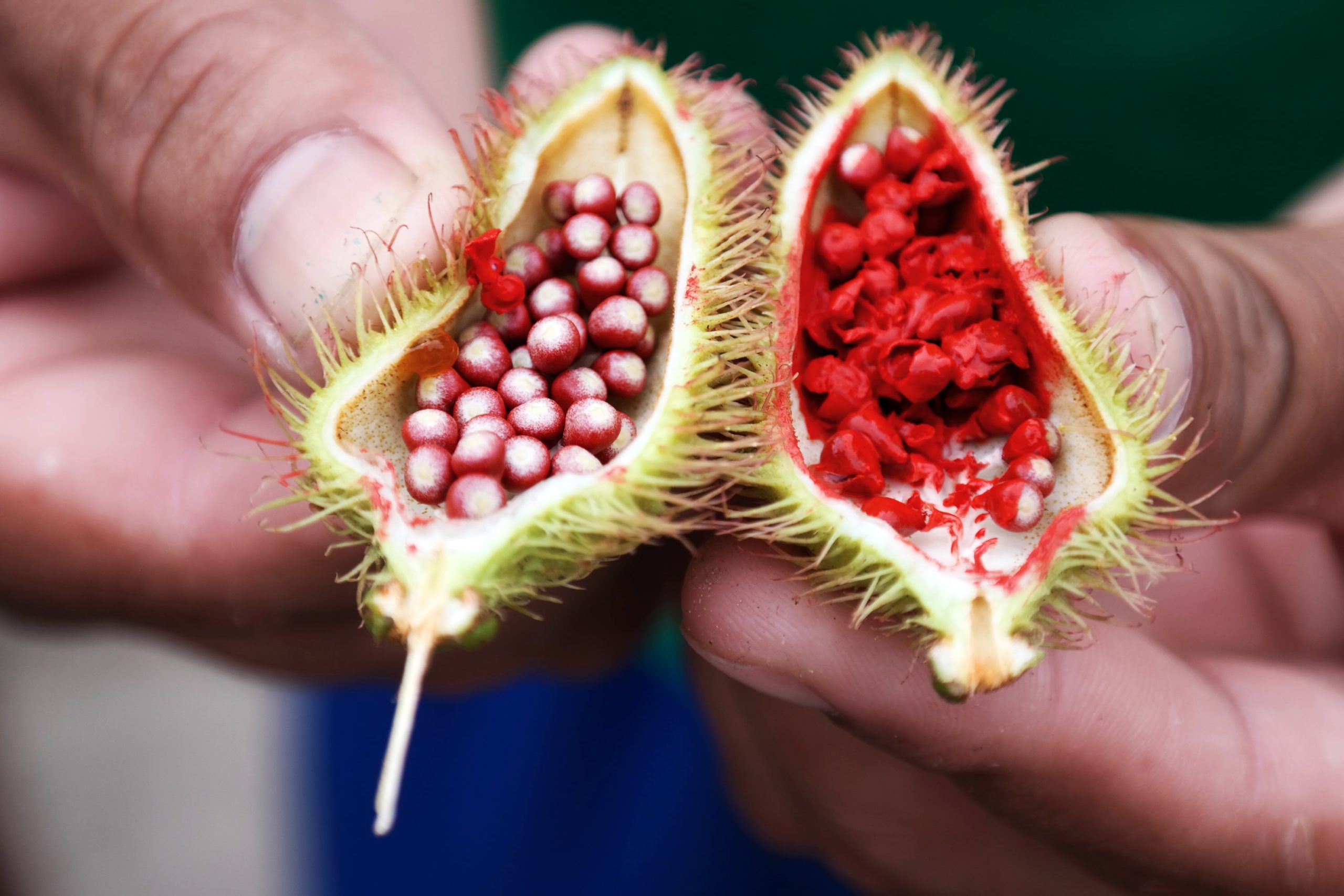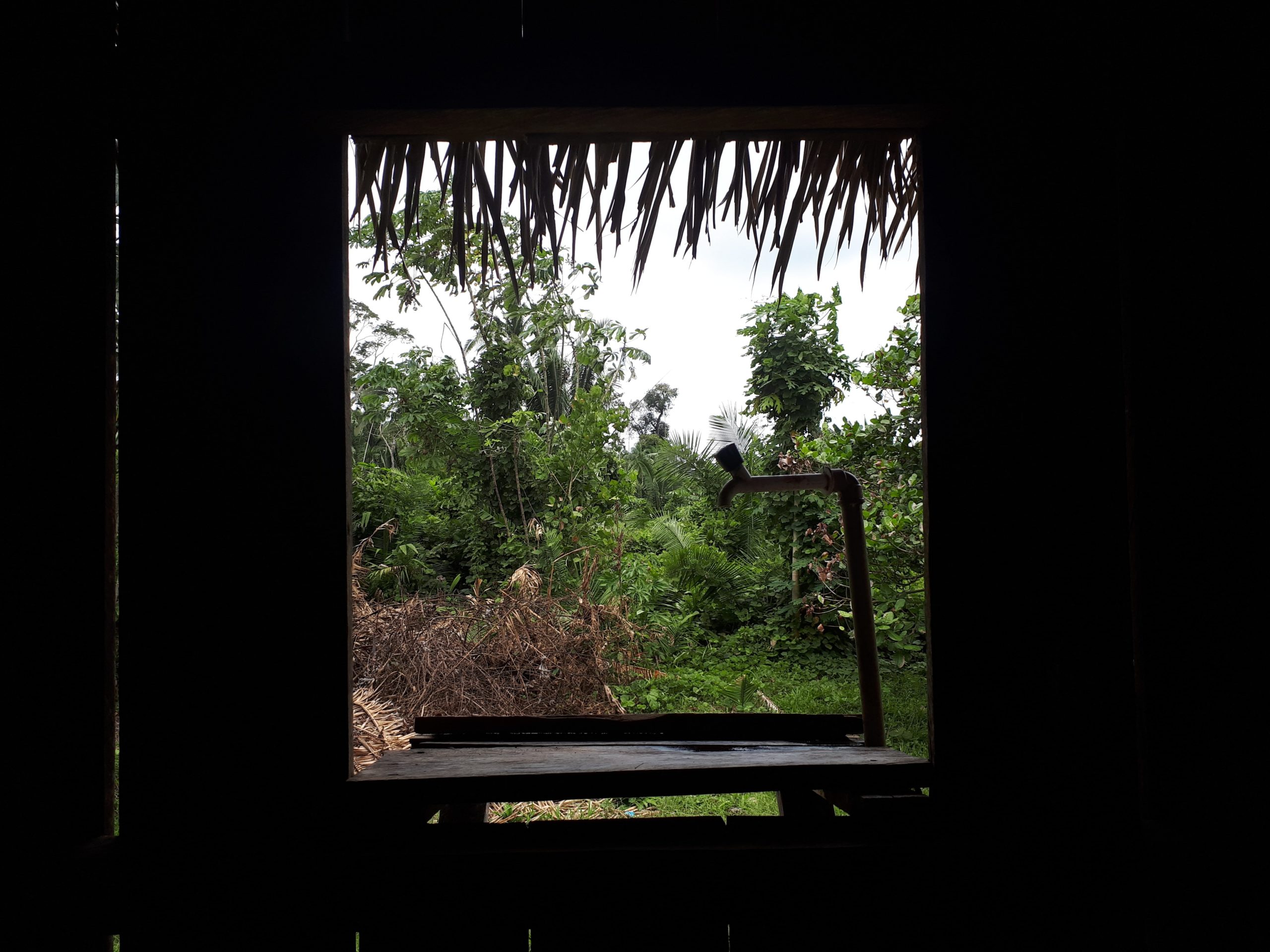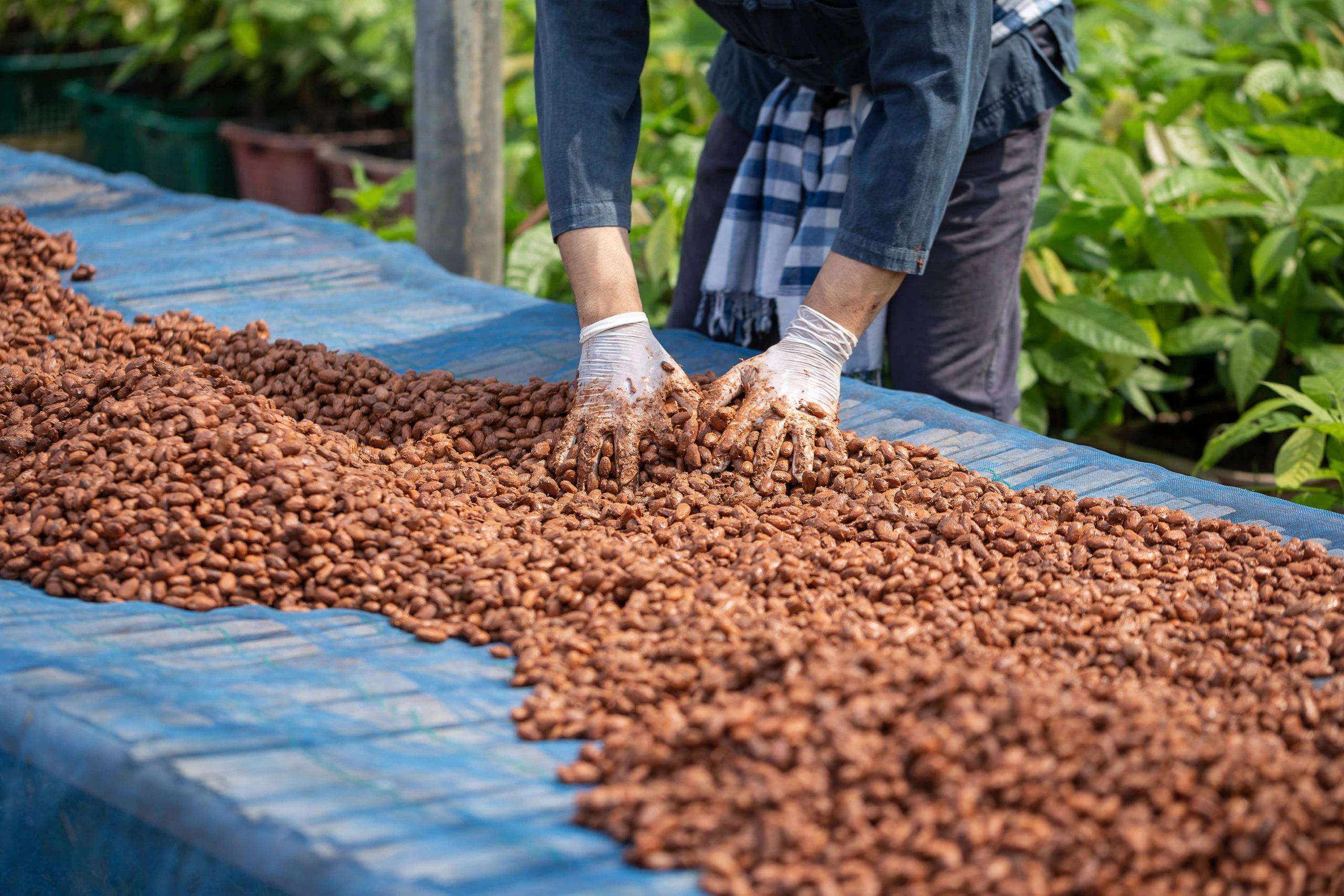Honey
The honey chain reflects the efficiency of bees as pollination agents. They have, for example, the ability to increase grain yield and still live in harmony with agriculture. In Brazil, meliponiculture and beekeeping activities generate many jobs. While the first deals with raising bees that are native to Brazil and that do not have a […]

The honey chain reflects the efficiency of bees as pollination agents. They have, for example, the ability to increase grain yield and still live in harmony with agriculture. In Brazil, meliponiculture and beekeeping activities generate many jobs. While the first deals with raising bees that are native to Brazil and that do not have a stinger, the second comprises the raising of Apis Mellifera – which was introduced in the country based on African and European variables and is better known as the Africanized bee.
Even with the honey’s great potential, the chain loses strength in the face of challenges such as: access to markets, low productivity of meliponas compared to sting bees, little incentive for the production of stingless bees and insufficient knowledge of meliponiculture.
To collaborate with the change in this scenario, Humanize joins partners to contribute, mainly, with the meliponiculture area. What we do involves technical assistance for small producers (in the production, processing and marketing stages); training and education; support in the creation of credit lines and articulation of cooperatives and associations in order to scale up production – enabling fairer prices. We also seek to strengthen good practices in production, so that the work is associated both with the socioeconomic development of families and with the encouragement of biodiversity conservation.
We also encourage entrepreneurship, the development of business plans and honey processing units, in addition to studies that help disseminate knowledge on the chain.




